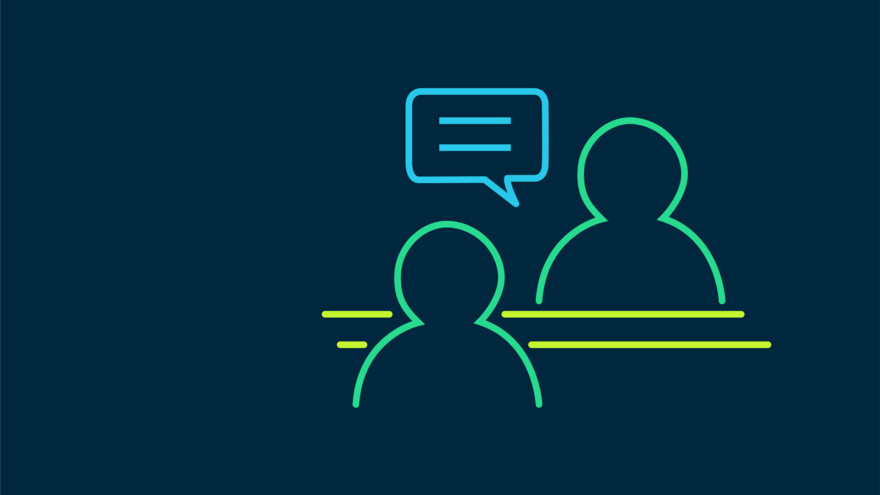PIF member NICE has conditionally recommended five digital cognitive behaviour therapies for use in the NHS to help children and young people with symptoms of mild to moderate anxiety.
Draft guidance released for consultation on 4 November says technologies can be used with support from a mental health professional.
The conditional recommendation applies while further evidence is generated to check if the benefits of CBT therapies are realised in practice.
The five self-guided products offer games, videos and quizzes based on CBT principles.
They are designed to help children and young people learn techniques to better understand and manage symptoms of anxiety and low mood with the support of a mental health practitioner.
What is digital CBT?
Digital CBT is delivered via mobile phones, tablets, or computers and can be accessed remotely.
It may be particularly appealing to children and young people who are typically regular users of digital technologies such as smartphones and tablets.
An independent NICE committee found there is some evidence to suggest guided self-help digital CBT technologies may improve symptoms of anxiety.
However, more evidence is needed to inform a full NICE assessment before considering these for routine use in the NHS.
Five conditionally-recommended technologies
The five conditionally-recommended technologies are:
- Lumi Nova (BfB Labs)
- Space from anxiety for teens, Space from low mood for teens, Space from low mood & anxiety for teens (SilverCloud)
- Online support and intervention for child anxiety (OSI)
- OSCA (Online Social anxiety Cognitive therapy for Adolescents)
- ThinkNinja CBT Bytesize (Healios)
The online and mobile technologies are part of a NICE pilot for early value assessment (EVA) of medical technologies.

